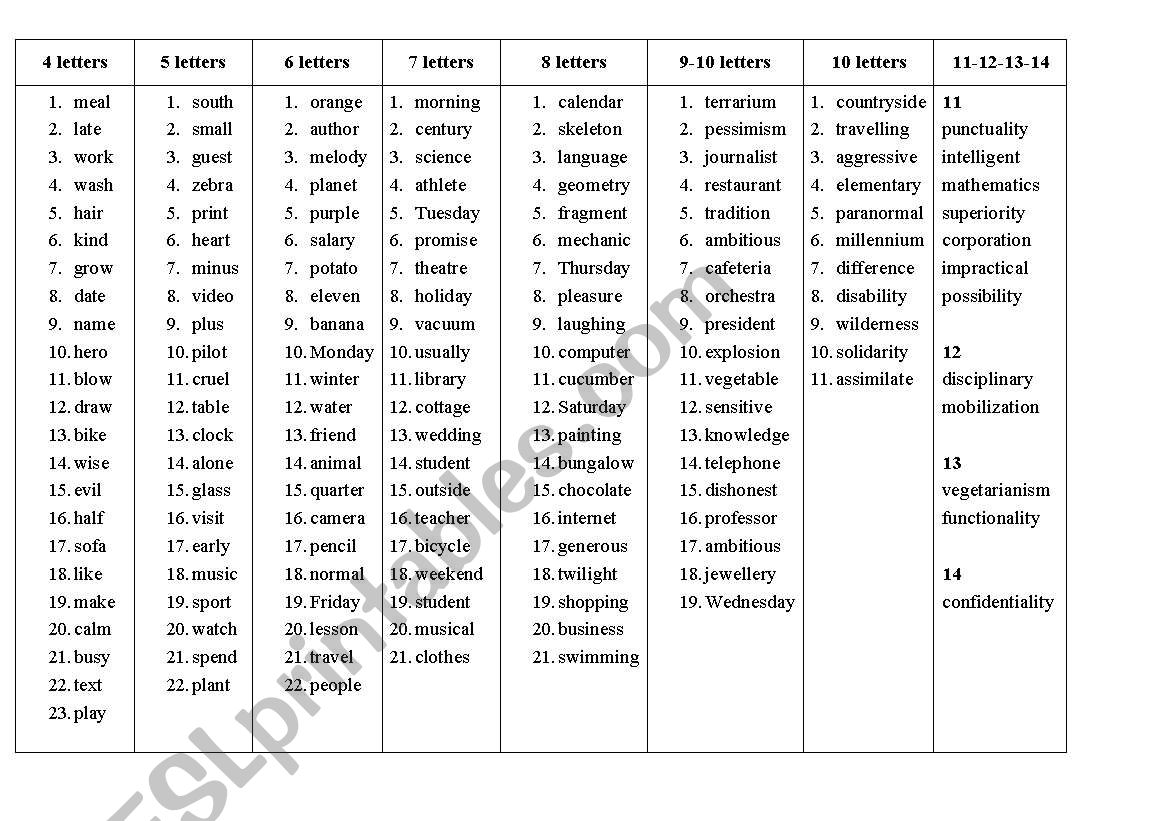Spelling bees are a thrilling blend of education, competition, and linguistic prowess. For participants, mastering spelling bee words is not just about memorization but understanding the intricacies of language. This article delves into the world of spelling bee words, offering insights, strategies, and tips to excel in these challenging contests.
Key Takeaways
- Understanding the origin and structure of words can significantly aid in spelling bee success.
- Regular practice and exposure to a diverse vocabulary are crucial.
- Spelling bees are as much about mental agility and confidence as they are about rote learning.
The Fascination with Spelling Bee Words
Spelling bees have captured the imagination of audiences worldwide, from local school competitions to national championships like the Scripps National Spelling Bee. The challenge lies not only in the breadth of vocabulary but also in the depth of understanding required to spell complex words correctly.
Why Spelling Bees Matter

Spelling bees offer numerous benefits beyond the thrill of competition. They enhance vocabulary, improve cognitive skills, and boost confidence. Participants often develop a keen interest in etymology and linguistics, which can be beneficial in academic and professional pursuits.
Strategies for Mastering Spelling Bee Words
1. Understanding Word Origins
The English language is a melting pot of words borrowed from various languages, including Latin, Greek, French, and German. Understanding the origin of a word can provide clues to its spelling. For instance, words with Greek origins often contain “ph” instead of “f,” as in “philosophy.”
2. Breaking Down Word Structures
Decomposing words into prefixes, roots, and suffixes can demystify complex spellings. Recognizing these components helps in predicting the spelling of unfamiliar words. For example, the word “unbelievable” can be broken down into the prefix “un-,” the root “believe,” and the suffix “-able.”
3. Regular Practice and Exposure
Consistent practice is key to mastering spelling bee words. Engaging in activities like reading, writing, and playing word games can enhance vocabulary. Flashcards and spelling apps are also effective tools for reinforcing learning.
4. Utilizing Mnemonics

Mnemonics are memory aids that can simplify the learning process. Creating a memorable phrase or association can help recall tricky spellings. For instance, remembering “I before E except after C” can aid in spelling words like “receive” and “believe.”
5. Building a Robust Vocabulary
A rich vocabulary is the foundation of spelling bee success. Reading diverse materials, including books, articles, and journals, exposes participants to a wide range of words. Keeping a vocabulary journal to note down new words and their meanings can be beneficial.
Preparing for a Spelling Bee
1. Setting a Study Schedule

Organized preparation is crucial for spelling bee success. Setting a study schedule that allocates time for learning new words, revising old ones, and taking practice tests can enhance performance. Consistency and discipline are key to effective preparation.
2. Participating in Mock Spelling Bees

Simulating the competition environment through mock spelling bees can build confidence and reduce anxiety. Practicing under timed conditions helps participants get accustomed to the pressure of the actual event.

3. Seeking Guidance and Feedback
Mentors, teachers, and peers can provide valuable feedback and support. Joining spelling clubs or online forums can offer opportunities for collaboration and knowledge sharing. Constructive criticism helps identify areas for improvement.
Overcoming Challenges in Spelling Bees
1. Managing Stress and Anxiety
Participating in a spelling bee can be nerve-wracking. Techniques such as deep breathing, visualization, and positive affirmations can help manage stress. Staying calm and focused is essential for optimal performance.
2. Dealing with Difficult Words
Encountering unfamiliar or challenging words is inevitable in a spelling bee. Asking for word origins, definitions, and usage in a sentence can provide valuable context. Participants should trust their instincts and apply learned strategies.
The Journey Beyond Spelling Bees
Success in spelling bees is a testament to dedication and linguistic skill. However, the journey does not end with the competition. The skills and knowledge acquired through spelling bees can be leveraged in various academic and professional domains. Participants often pursue careers in fields such as law, medicine, and literature, where language proficiency is paramount.
Mastering spelling bee words is a rewarding endeavor that extends beyond the competition itself. It involves a deep understanding of language, strategic preparation, and mental resilience. Whether you’re a participant or an enthusiast, the world of spelling bees offers a fascinating glimpse into the power and beauty of words. Embrace the challenge, and let your linguistic journey begin!




